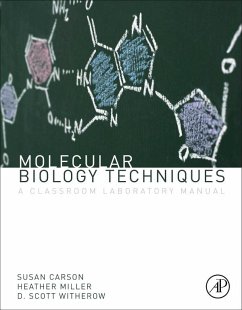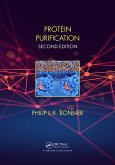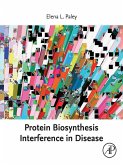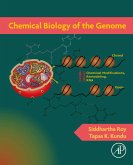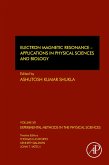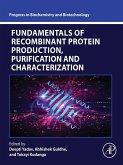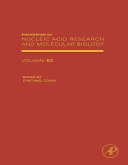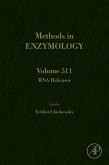The third edition has been completely re-written, with new laboratory exercises and all new illustrations and text, designed for a typical 15-week semester, rather than a 4-week intensive course. The "project¿ approach to experiments was maintained: students still follow a cloning project through to completion, culminating in the purification of recombinant protein. It takes advantage of the enhanced green fluorescent protein - students can actually visualize positive clones following IPTG induction.
- Cover basic concepts and techniques used in molecular biology research labs
- Student-tested labs proven successful in a real classroom laboratories
- Exercises simulate a cloning project that would be performed in a real research lab
- "Project" approach to experiments gives students an overview of the entire process
- Prep-list appendix contains necessary recipes and catalog numbers, providing staff with detailed instructions
Dieser Download kann aus rechtlichen Gründen nur mit Rechnungsadresse in A, B, BG, CY, CZ, D, DK, EW, E, FIN, F, GR, HR, H, IRL, I, LT, L, LR, M, NL, PL, P, R, S, SLO, SK ausgeliefert werden.

